Recognize Autism in Children
Based on data collected by WHO, autism occurs in 1 in 160 children worldwide. It is very important to be aware of the symptoms or characteristics of autism as early as possible because even though autism cannot be cured, there are various methods to deal with autism that aim to make sufferers adjust to their daily lives.
There are few things we have to remember, autism is different from ADHD and it is not a contagious disease.
Let’s learn together from the article below to recognize autism in children.
Definition
What is autism (autism spectrum disorder)?
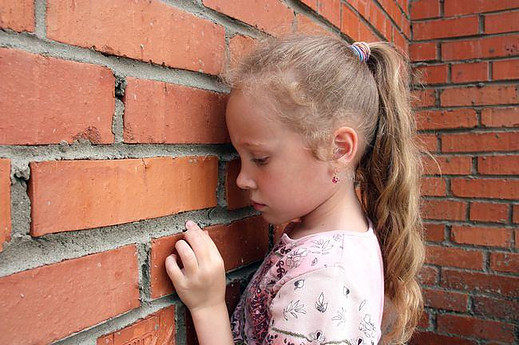
Autism is a serious and complex disorder of the brain and nerve function that influences human behavior and thought processes.
Autism includes all disturbances in social interaction, language development, and communication skills both verbally and non verbally. These developmental disorders generally begin in childhood and last a lifetime.
Children with autism tend to have difficulty pouring thoughts and expressing themselves, both with words, gestures, facial expressions, and touch.
They also tend to have difficulty understanding what others think and feel. They are so sensitive that they are more easily disturbed, even hurt by sounds, touches, smells, or scenes that seem normal to others.
In addition, children with this disorder also tend to do things that are repeated and have a narrow and obsessive interest.
How common is autism?
Today, autism is more commonly known as autism spectrum disorder (GSA). The term GSA also covers other developmental disorders with similar characteristics, such as Heller syndrome, pervasive developmental disorder (PPD-NOS), and Asperger’s syndrome.
By chance, boys are generally 5 times more likely to have autism than girls.
Based on the report of the Centers for Disease Control and Prevention (CDC), 1% of children in the world are classified as autistic (the old designation for children with autism, -red). That means 1 out of 100 children in the world are known to have this developmental disorder.
Signs and Symptoms
What are the signs and symptoms of autism?

The symptoms of autism vary considerably from one child to another.
These neurological and developmental disorders cause various symptoms. Every child may have different symptoms, with mild to severe severity.
However, generally in patients showing some symptoms of autism, as quoted from the National Health Service, namely:
Symptoms of autism in infants and younger children:
- Do not respond when his/her name is called
- Avoid eye contact with others
- Don’t smile, even if you smile at them
- Perform repetitive movements, such as flapping hands, snapping fingers, or swinging the body
- Tend to be quiet, not chattering like most babies
- Repeat the same words or phrases often
Symptoms of autism in older children:
- Difficult to express feelings and express emotions
- It’s hard to understand what other people are saying, thinking, and feeling
- Have a high interest in an activity so that it seems obsessive and performs a behavior repeatedly
- Liked the same structure and routine. If the routine is disrupted, he will be very angry.
- It’s hard to make friends and prefer to be alone
- Often answer something that is not in accordance with the question. Instead of answering, they repeat what other people say more often
Autism symptoms in boys and girls, sometimes a little different. Girls tend to be more calm and quiet, while boys tend to be more hyperactive. These “vague” girls’ symptoms make diagnosis more difficult.
When should I take my child to see a doctor?
You should contact your doctor if you feel your child is slow to develop. Some symptoms can be seen in the first 2 years. Signs and symptoms that you consider taking your child to the doctor include:
- Does not respond when we call their name.
- The development in communication is slow
- Difficult to behave or experience some symptoms as mentioned above
If you have any of the above signs or symptoms or other questions, consult your doctor. Each person’s body is different. Always consult a doctor to treat your health condition.
Cause
What causes autism?
Until now the exact cause of these neurological and developmental disorders is not known with certainty. However, researchers say that this disorder is closely related to genetic and environmental factors.
Researchers found a number of genes that may play a role in this disorder. In imaging tests, it was found that people with autism have the development of several brain areas.
This disruption in brain development that causes problems with the performance of brain cells with each other.

Risk factors
What increases my risk for autism?
Some things that can increase a person’s risk factors for experiencing autism are:
- Gender. Autism occurs 4 times more often in men than in women.
- Family history. Families with autistic children may have other autistic children.
- Other diseases. Autism tends to occur more often in children with certain genetic or chromosomal conditions, such as fragile X syndrome or tuberous sclerosis.
- Premature baby. Autism is more common in premature babies with low body weight. Usually, babies are more at risk if born before 26 weeks.
- Exposure to certain chemicals and drugs. Exposure to heavy metals, drugs valproic acid (Depakene) or thalidomide (Thalomid) in the fetus can increase the risk of autism.
Diagnosis & Treatment
The information provided is not a substitute for medical advice. ALWAYS consult your doctor.
How to diagnose autism?
There are no specific laboratory tests to diagnose autism in children. However, the doctor will conduct various test approaches that can help make the diagnosis. Various methods that are generally performed by doctors include:
The first step involves general developmental screening during which the child is examined with a pediatrician during childhood. Children who present with some developmental problems are referred for additional evaluation.
The second step involves the evaluation of a team of doctors and other specialist doctors. At this stage, children can be diagnosed with autism or other developmental disorders.
During this process, the doctor will observe the behavior and symptoms felt by the child by asking questions to parents. In line with this, the doctor will observe how children interact and communicate.
The doctor will test the ability of children and hear, talk, and listen to what others say. Furthermore, imaging tests will be done to rule out some conditions or diseases.

What are the options for treating autism?
There is no specific treatment that can cure autism. Even so, certain treatments can reduce the severity of symptoms and make the quality of life of people with this disorder better.
This really needs to be done as quickly as possible, bearing in mind that this disorder affects various aspects of life, such as social, educational, and personal well-being.
Children who do not get proper care will find it difficult to interact with others, receive lessons at school, and make friends. If left unchecked, this affects the child’s achievement in school, his future, and his relationship with a loved one.
According to the Centers for Disease Prevention and Control (CDC), treatment and care options that can be undertaken by people with autism include:
Treatments to improve behavior and communication
People with autism usually have low communication skills and often behave unlike people in general. To overcome this, doctors can recommend various types of therapy, such as:
- Occupational therapy, which is a therapy that teaches various dress, eating, bathing, and relationship skills with others.
- Sensory integration therapy, which helps process information from sights, sounds, touches, and smells so that the level of sensitivity is lacking in this.
- Speech therapy, namely improving communication skills, both verbal and nonverbal (language and gestures).
Medication use
There are no medicines that can cure autism. However, some drugs can be used to relieve certain symptoms. For example, medications for antidepressants to reduce anxiety, anti-seizure medications, or drugs to help increase concentration.
These medicines should not be used carelessly. Because the overdose and side effects can occur, especially if given to children. For this reason, always use drugs under the supervision of a doctor.
Additional care
To relieve symptoms of autism, some additional treatments might be recommended. Before doing so, doctors and other health professionals will consider the benefits the patient will get. Some additional treatments that are usually performed include:
- Nutrition therapy, which is the fulfillment of certain nutrients needed while helping patients from unhealthy eating habits.
- Chelation, which is a special treatment for removing heavy metals in the body. Unfortunately, this treatment is very risky, so careful consideration is needed.
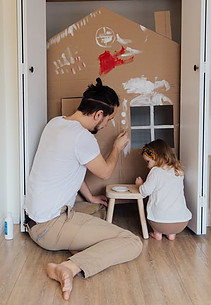

Treatment at home
What are some lifestyle changes or home remedies that can be done to overcome autism?
Besides educating yourself about autism, some lifestyle and home remedies that can help you deal with children with autism at home are:
Create a regular routine at home
Autistic people are easily disturbed by activities outside their routine. This can trigger the appearance of symptoms, so that makes you rack your brain to overcome them.
So, always make a routine schedule of activities and as much as possible avoid various sudden activities. The benefits are not only that, this can help reduce repeated behavior in patients.
Follow treatments according to doctor’s direction
Treatments for people with autism are very diverse. To get the right type of treatment, consult your doctor first. The doctor will help choose treatments that are appropriate to the needs and severity of symptoms.
At mild symptom levels, patients may be recommended a single treatment. However, in some cases, patients need to undergo combination treatment. Always consult a doctor regularly to monitor the results of treatment.
Always make notes about various behaviors and symptoms that occur in patients during the treatment period to be reported to the doctor.
Create useful home activities
Improving children’s ability to socialize and communicate, not only the doctor or therapist’s job. As a parent, you also become an important figure who can support child care, which is to make useful activities at home.
This activity can be done in many ways, such as reading books together to help him process language and words.
Introducing them to various sounds from nearby objects can reduce the level of sensitivity of the patient to normal sounds. In addition, this also helps you to avoid certain sounds that can trigger symptoms.
Making activities like this is not easy. So, plan this with the doctor or therapist who handles the child’s condition. Not only supporting treatment, these activities can also strengthen bonds between patients and parents and those around them.
Fulfill the needs of patients in accordance with their conditions
Patient needs not only to receive treatment and nutritional fulfillment. Patients still need education and increase their insight. For this reason, look for special schools and trained teachers who can help patients to learn.
You can get school and teacher recommendations from doctors or therapists who treat patients. In addition, additional references can also be obtained from the internet.
Join autistic community
Being a caregiver and nurse for people with autism is not an easy task. You need to increase your knowledge about these neurological disorders, starting from the condition itself, symptoms, treatment, and various ways of dealing with problems in treating patients.
This is all you can get by consulting a doctor, reading a book, or jumping into a community for autistic people. From here, you can exchange ideas, share and expand your network with people who are facing the same difficulties.
So, there you have it. We have learned together how to recognize autism in children. If you have questions, consult your doctor for the best solution for your problem.
Stay safe, happy, and healthy!

—————————————————————————————————————————————–
This post may contain affiliate links, which means I make a small commission off purchases, at no extra cost to you. Read my full disclosure here. Thank you for supporting the work I put on this site!
—————————————————————————————————————————————–
We Stress Free does not provide medical advice, diagnosis, or treatment. However, if you need someone to talk to and want to make friends, please feel free to reach me at ferra@westressfree.com. If you would like to REDUCE your STRESS and are interested to do an ONLINE THERAPY, you can do so here.
—————————————————————————————————————————————-
Disclaimer: The information contained in this article is for educational and informational purposes only and is not intended as health or medical advice. Always consult a physician or other qualified health provider regarding any questions you may have about a medical condition or health objectives.
Thank you for reading today’s topic: Recognize Autism in Children

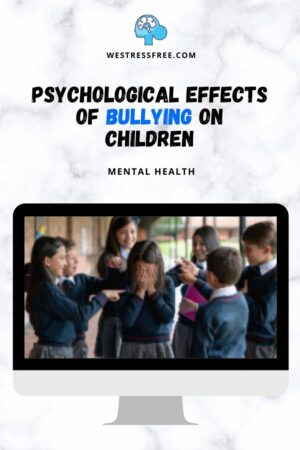
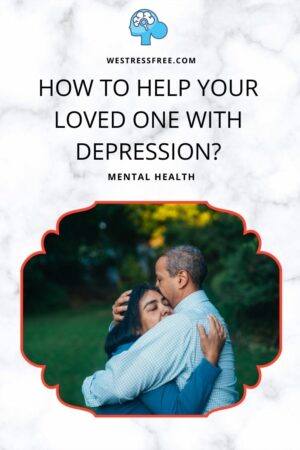

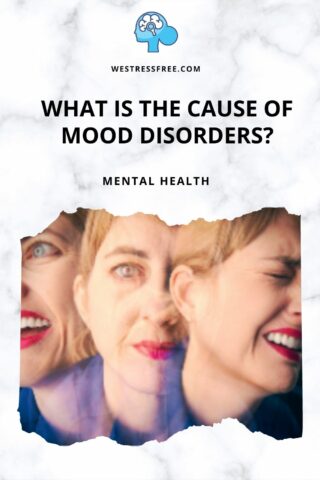
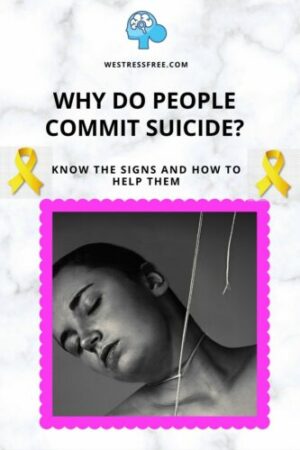


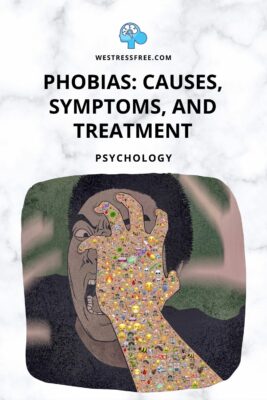

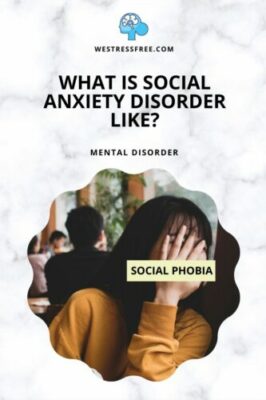
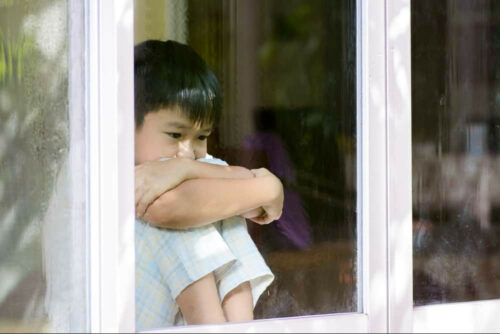
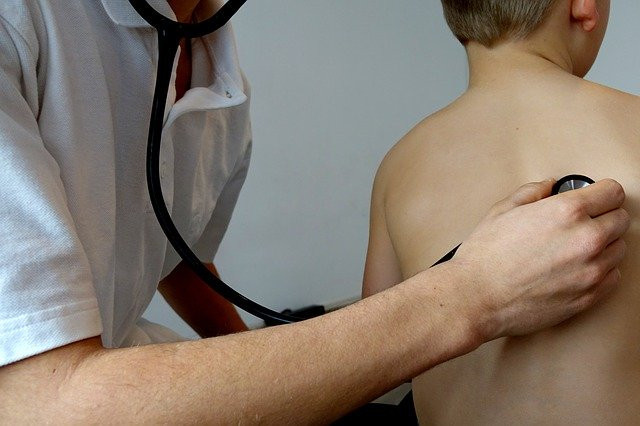



Wow, great article you have got there!
I have bumped into one or two article about autism but does really have a concrete understanding about it but with this article I fully understand it.
From recent developments I learnt that majority of children with autism in the world are responding positively to treatment. Maybe we see that in your next review, I would want more information about that.
Thanks for sharing.
Hello Lizzy,
Thank you for taking time to visit my site, read my post and leave a comment. I really appreciate your kind words in your comment!
Glad you found this article useful.
Sure, I’d love to do more search on how the children with autism react to treatments. With the fast development in medical world along with the technology as well, I think you could be right. Thank you for bringing this topic up to my attention. 🙂
Stay safe,happy and healthy!
Ferra
I must say a big thank you for such an amazing article and for also taking out time to share this article to members of the public. It’ll really help some persons out there. I have been making research on this for quite some some time now, But I specifically like your point on the options for treating autism, for exposing us to the fact that autism has no specific treatment that can cure it and also to the fact that effects can be reduced to the barest minimum. This article really is educating.
Hi Sheddy,
Thank you for taking time to visit my site, read my post and leave a comment. I really appreciate your kind words in your comment!
Glad you found this article useful.
Stay safe,happy and healthy!
Ferra
Hi there this is great article to read if your child or grandchild is showing signs of autism. You have covered the medical risk comprehensively. You have explain the characteristics well. I have been a carer of a son with Autism for 30 years. Its been a journey that’s for sure.
Thanks for the great article.
Jen
Hello Jennifer,
Thank you for taking time to visit my site, read my post and leave a comment. I really appreciate your kind words in your comment!
Glad you found this article useful. Also thank you for sharing a little bit about your experience being a carer for your beloved son for 30 years. That’s LOVE for sure.
Stay safe,happy and healthy!
Ferra
What a well thought out post. My sister in law has been looking for something just like this for a project she’s doing. I’m going to forward it over. Thanks for this!
Hello Eric,
Thank you for taking time to visit my site, read my post and leave a comment. I really appreciate your kind words in your comment!
Glad you found this article useful.
Stay safe,happy and healthy!
Ferra
Hi Ferra, excellent article and well researched. I am a little in line with autism. Let me tell you why. I was diagnosed with Parkinson’s approximately 7 years ago at age 62. Whilst Parkinson’s is a different situation to autism (loss of dopamine slowing normal movement) it still has its “base” in the brain. I have been fortunate to still be lightly touched by the symptoms because I have worked hard to understand my situation.
I have read widely. My research has introduced me to neuroplasticity and in particular to Dr. Norman Doidge. He has written 2 books “The Brain’s Way of Healing” and “The Brain that Changes Itself”. Neuroplasticity is a world of its own. Dr Doidge talks about neuroplasticity and autism. I would rather you formulate your own opinion.
Your blog is extremely thorough and informative and provides a strong base for anybody to build from. Thank you for caring.
Hello Stephen,
That’s a good story to share. Thank you for sharing your determination in learning about your condition with Parkinson’s. Also, it is interesting to learn about neuroplasticity. I’ll surely conduct a more in-depth research before I write anything about it. Thanks so much!
Stay safe, happy and healthy. Thank you again for visiting my site, reading the post, and leaving an inspirational comment. I really appreciate it!
Ferra